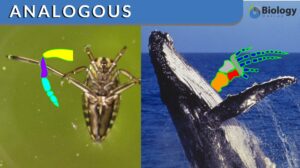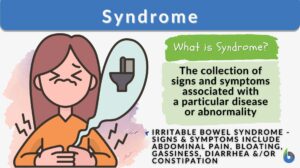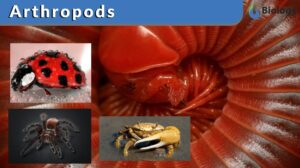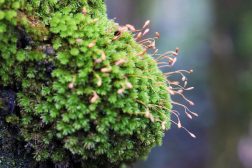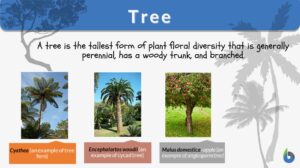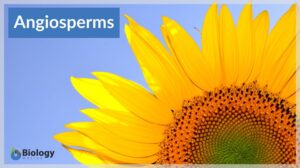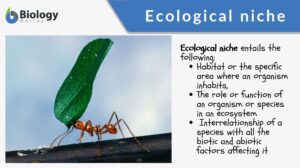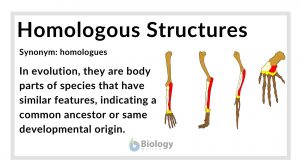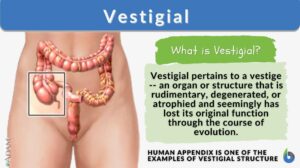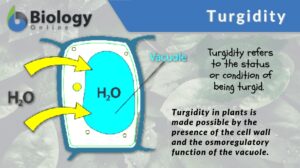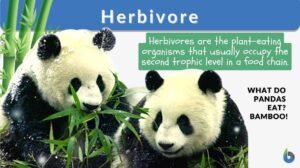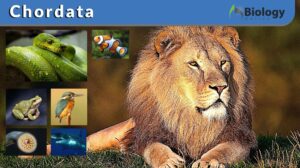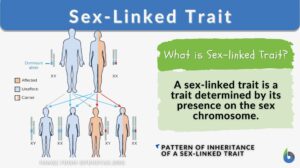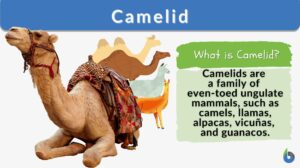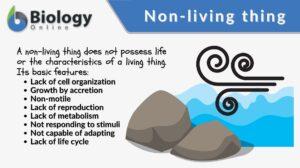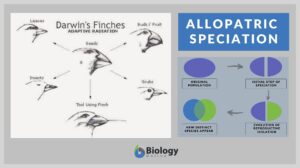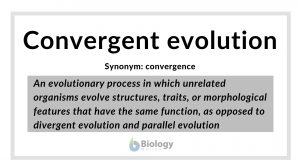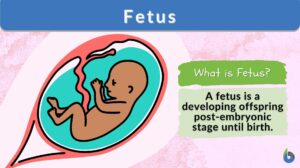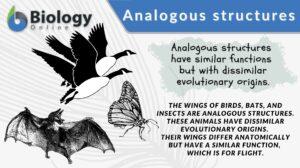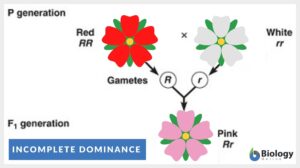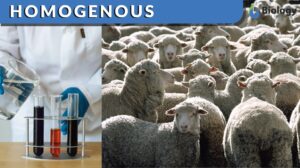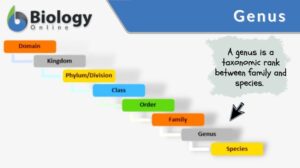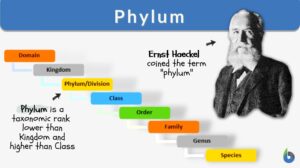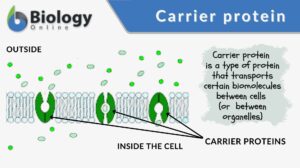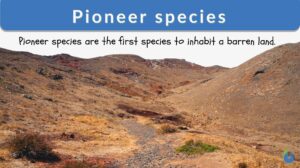Search Results for: features
Morphological features
morphological features properties related to the external structure of soil (such as colour and texture) or of... Read More
Meiosis and Alternation of Generations
Review of Mitosis: Cell Cycle The cell cycle contains the process in which cells are either dividing or in between... Read More
Photosynthesis
Photosynthesis is a physio-chemical process carried out by photo-auto-lithotrophs by converting light energy into chemical... Read More
Angiosperm
Angiosperms Definition What is an angiosperm? An angiosperm is a plant that produces flowers. The angiosperms, also... Read More
Characteristic
Characteristics Definition We can define characteristics as qualities or features that describe the distinctive nature or... Read More
Ecological niche
Ecological Niche Definition An ecological niche refers to the interrelationship of a species with all the biotic and... Read More
Sexual selection
What is Sexual Selection? The definition of sexual selection is very interesting in biological terms. The sexual selection... Read More
Homologous structures
Homologous Structures Definition What are homologous structures? In biology, homologous structures are physical features... Read More
Sex-linked trait
Definition of Sex-Linked Traits A sex-linked trait is an observable characteristic of an organism that is influenced by the... Read More
Introductory Chemistry – a Foundation
Introductory Chemistry - a Foundation ... Read More
Non-living thing
Non-living Thing Definition A non-living thing in biology means any form without a life, such as an inanimate body or... Read More
Allopatric speciation
We can define speciation as a process by which the novel genetically independent group of organisms are formed through the... Read More
Convergent evolution
Convergent evolution definition What is convergent evolution? Convergent evolution is a concept in evolutionary biology... Read More
Analogous structures
Analogous Structures Definition In evolutionary biology, analogous structures are biological structures having similar or... Read More
Incomplete dominance
Incomplete Dominance Definition After Gregor Mendel discovered inheritance laws, the term ''incomplete dominance'' was... Read More
Homogenous
What is homogenous? What does homogenous mean? The word homogenous has been derived from two Greek words that are... Read More
Degenerate
Degenerate means to become worse or less of its kind or former state. In biology, it means an entity performs the same... Read More
Adipose tissue
Adipose Tissue Definition Adipose tissue, a specialized variety of connective tissue, is composed of lipid-rich cells known... Read More
Carrier protein
Carrier protein is a type of cell membrane protein involved in facilitated diffusion and active transport of substances out... Read More
Pioneer species
You might have come across news of some barren lands turning into luscious grasslands or forests after decades? Or you might... Read More

